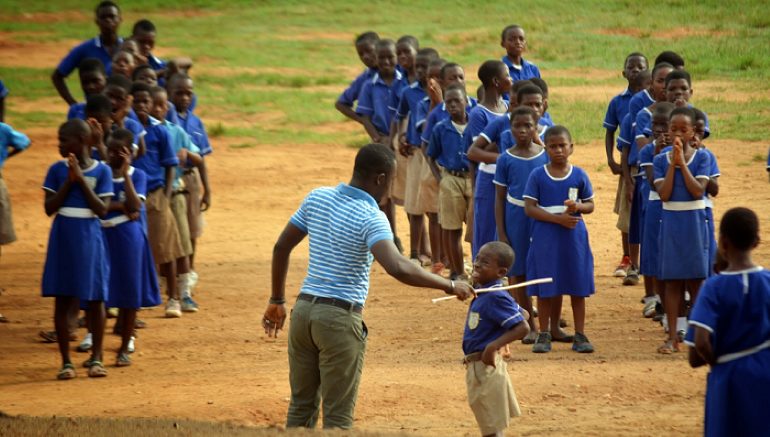The debate over the use of corporal punishment at the basic and second cycle levels of education to discipline pupils continue to rage on with experts fronting various opinions.
While some argue it must be scrapped because among others, it inflicts pain needlessly and make children timid and afraid to take initiatives, others believe it is needed to guide pupils on the path of discipline if applied with circumspection.
Industrial and organizational psychologist, Stanley Semarco, has joined the debate, arguing corporal punishment should be maintained.
In an exclusive interview with primenewsghana, Mr. Semarco who is also a senior lecturer at the Ghana Institute of Journalism, GIJ, and an expert in education policy explained that the duty of punishing students should solely be assigned to the head master or other disciplinary authorities.
{loadmodule mod_banners,nativeads}
His reason being that teachers are most likely to abuse pupil’s due to extreme anger at the instance the offence is committed. This may instill fear and cause them to lose interest in the teachers’ subject.
Numerous debates about the effectiveness of method in schools have been raised since the Ghana Education Service (GES) in March 2017, placed an official ban on canning and all forms of corporal punishment in educational institutions.
{youtube}
}Some teachers have held that the presence of a form of corporal punishment can help instill order and control in a school community.
On the other hand, students and NGO’s have campaigned against it on the grounds that it is abusive in nature and hinders effective studies.
Mr. Semarco however believes some pupils shall take advantage of the outright ban to deliberately misbehave, knowing there will literally no consequences.
He rather advocates that the punishment is inflicted by certain disciplinary bodies for extreme cases of insubordination after an exhaustive consideration of the action of the pupil.
Under no circumstance should teachers be allowed to mete out the punishment in the classroom. Â
 www.primenewsghana.com/ Ghana news
Â
Â





